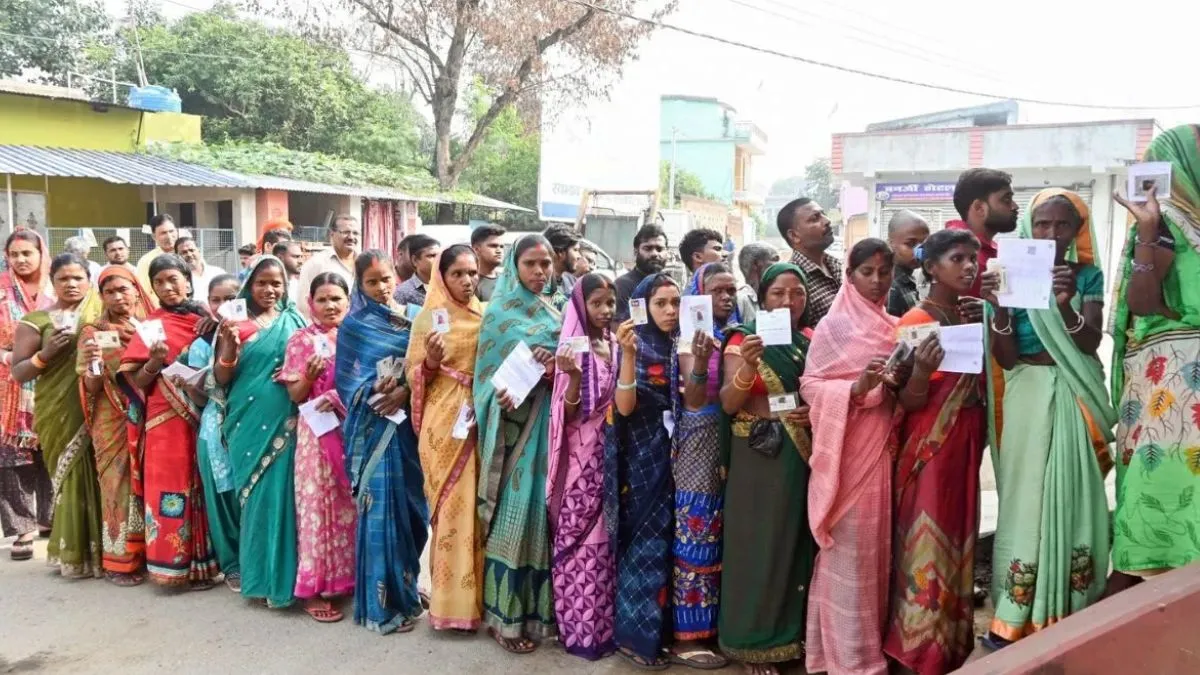In a strategic shift, the Rashtriya Janata Dal (RJD)-led Mahagathbandhan (Grand Alliance) in Bihar is set to move beyond conventional seat-sharing formulas and party preferences, placing a greater emphasis on winnability and social equations in the upcoming assembly elections.
RJD sources indicate that seat allotment this time will be guided by ground-level survey data and electoral viability, not merely traditional arrangements. The party is conducting internal assessments to identify constituencies where allies are best positioned to win, even if that means reallocating seats previously contested by a different party.
While the RJD appears in no rush, citing its ongoing Vote Adhikar Yatra throughout August, partners like the Congress and Vikassheel Insaan Party (VIP) are pressing for early seat distribution to allow candidates sufficient time to campaign.
Currently, six parties form the Mahagathbandhan: RJD, Congress, CPI(ML), CPI, CPI(M), and VIP. Talks are also underway with potential entrants like the Jharkhand Mukti Morcha (JMM) and the Pashupati Kumar Paras-led Rashtriya Lok Janshakti Party (RLJP), who could be accommodated with five to six seats collectively. However, VIP’s ambitious demand for 60 assembly seats and the Deputy Chief Minister’s post could complicate negotiations.
In the 2020 Bihar Assembly elections, VIP—then part of the NDA—contested 11 seats and won four. While it failed to secure any of the three Lok Sabha seats allocated to it under the Mahagathbandhan banner in 2024, its previous strike rate keeps it relevant in the alliance’s calculations. RJD is reportedly open to giving VIP up to 15 seats, but beyond that, it risks setting a precedent that could encourage larger claims from Congress.
Congress, which contested nine Lok Sabha seats and won three, could stake a claim to up to 54 assembly seats using VIP’s benchmark. However, RJD is expected to counter such claims by pointing to Congress’s relatively weaker performance in the 2020 state elections.
Meanwhile, the Left parties, particularly CPI(ML), are expected to gain ground in the seat-sharing deal owing to their satisfactory performance in both the Assembly and Lok Sabha polls. Together, the three Left parties are reportedly seeking around 85 seats—an ambitious ask, given the total strength of the Assembly is 243.
In the 2020 elections, RJD had contested 144 seats, making it the backbone of the alliance. Sources indicate that some of its seats may be redistributed to accommodate allies, along with a few from the Congress’s share, to keep the coalition intact.
